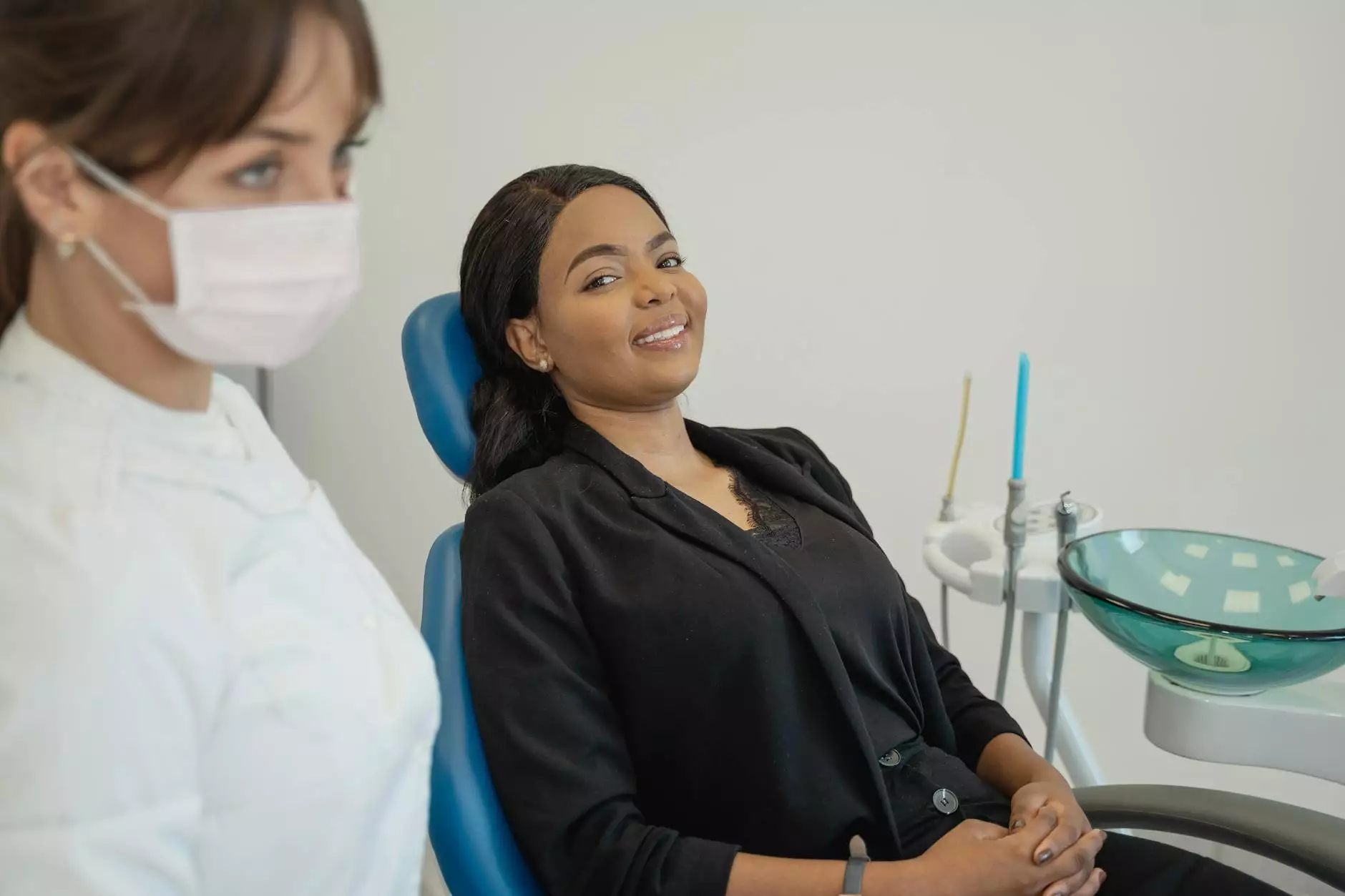Lung Cancer Treatment in Singapore: A Comprehensive Guide

Lung cancer remains one of the most critical health challenges worldwide, affecting thousands of lives each year. In Singapore, a country known for its advanced healthcare system, patients have access to some of the most innovative and effective treatments available. This article explores the various aspects of lung cancer treatment in Singapore, including diagnosis, treatment options, and ongoing support for patients.
Understanding Lung Cancer
Lung cancer occurs when cells in the lungs grow uncontrollably, leading to the formation of tumors. There are two primary types of lung cancer:
- Non-small cell lung cancer (NSCLC): The most common type, accounting for about 85% of cases.
- Small cell lung cancer (SCLC): A less common but more aggressive type that spreads quickly.
Recognizing the symptoms early can lead to better treatment outcomes. Common symptoms include:
- Persistent cough that worsens over time
- Chest pain
- Shortness of breath
- Unexplained weight loss
- Coughing up blood
Diagnosis of Lung Cancer
Accurate and early diagnosis is critical for successful treatment. In Singapore, patients undergo a series of examinations, including:
- Physical Examination: A healthcare provider assesses symptoms and medical history.
- Imaging Tests: Techniques such as chest X-rays, CT scans, and PET scans are used to visualize the lungs.
- Biopsy: A definitive diagnosis is made through a biopsy, where a sample of lung tissue is examined for cancer cells.
Singapore’s hospitals are equipped with state-of-the-art technology and skilled professionals to ensure precise diagnosis and timely treatment.
Treatment Options for Lung Cancer
In Singapore, the primary treatment options for lung cancer typically include:
1. Surgery
For patients diagnosed with early-stage lung cancer, surgery may be an option. The type of surgery depends on the location and stage of cancer:
- Lobectomy: Removal of a lobe of the lung containing cancer.
- Pneumonectomy: Removal of an entire lung.
- Segmentectomy: Removal of a small section of the lung.
2. Radiation Therapy
Radiation therapy uses high-energy rays to target and kill cancer cells. Options include:
- External beam radiation therapy: Radiation is focused on the tumor from outside the body.
- Brachytherapy: Radioactive material is placed inside or near the tumor.
3. Chemotherapy
Chemotherapy involves using potent drugs to destroy cancer cells. It can be administered:
- Intravenously: Through a vein, often in a hospital setting.
- Orally: In pill form, allowing for home treatment.
4. Targeted Therapy
Targeted therapy is a more modern approach that focuses on specific molecular targets associated with cancer. This treatment is particularly effective for certain types of NSCLC.
5. Immunotherapy
Immunotherapy harnesses the body's own immune system to fight cancer. It has shown promising results in lung cancer treatment, especially in advanced stages.
Innovative Lung Cancer Treatment Programs in Singapore
Singapore is at the forefront of lung cancer treatment innovation, offering a variety of clinical trials and cutting-edge therapies. Major hospitals like National Cancer Centre Singapore (NCCS) and Singapore General Hospital (SGH) provide the latest advancements:
- Genetic Testing: Patients may undergo genetic testing to identify mutations that can inform targeted therapy decisions.
- Clinical Trials: Many hospitals in Singapore are conducting clinical trials for new treatments, giving patients access to innovative therapies.
Importance of Multidisciplinary Care
A crucial aspect of cancer treatment in Singapore is the multidisciplinary approach to patient care. This includes a team of specialists working collaboratively to provide comprehensive treatment:
- Oncologists: Specialists who focus on cancer treatment.
- Radiologists: Experts in imaging techniques.
- Pathologists: Professionals who diagnose cancer through laboratory analysis.
- Surgeons: Physicians who perform surgical procedures.
- Nurses and Support Staff: Essential for patient care and support during treatment.
Post-Treatment Support and Rehabilitation
Recovery from lung cancer treatment can be challenging, and ongoing support is essential. In Singapore, patients have access to various rehabilitation services:
- Physical Therapy: Tailored physical exercises to help regain strength and endurance.
- Palliative Care: Focused on improving the quality of life for patients with advanced cancer.
- Support Groups: Connecting with fellow cancer survivors and patients offers emotional support and strategy sharing.
Conclusion
Singapore provides a comprehensive and advanced landscape for lung cancer treatment. With access to cutting-edge technology, expert medical professionals, and a patient-centric approach, individuals diagnosed with lung cancer can expect personalized care tailored to their unique needs. Whether exploring surgical options, innovative therapies, or ongoing support, Singapore stands out as a leader in combating this challenging disease.
For more information on lung cancer treatment in Singapore or to consult with healthcare professionals at hellophysio.sg, don’t hesitate to reach out. The journey to recovery starts with knowledge and support.
lung cancer treatment singapore








